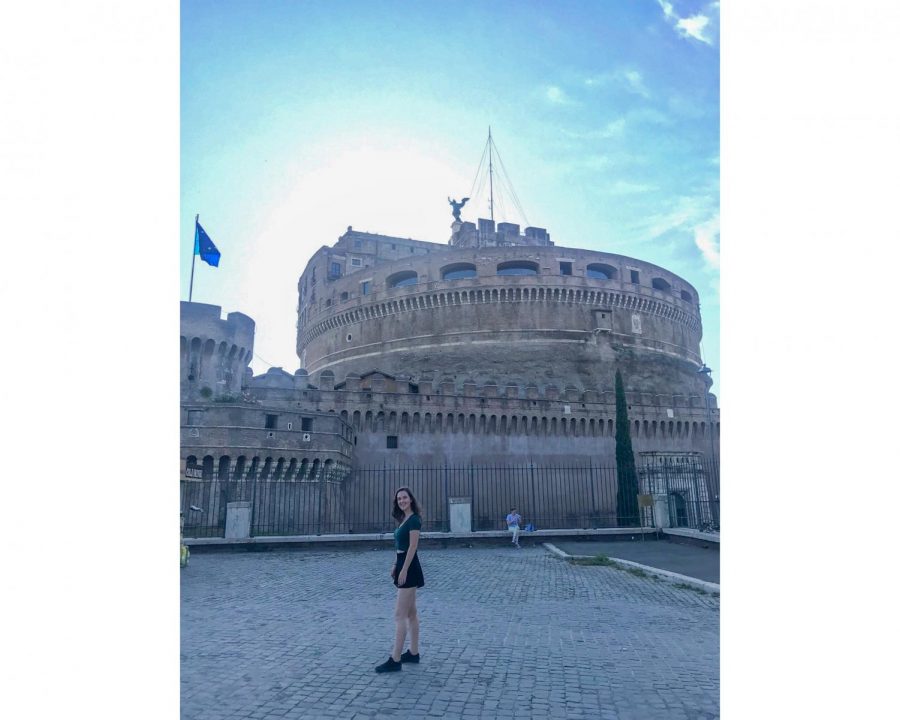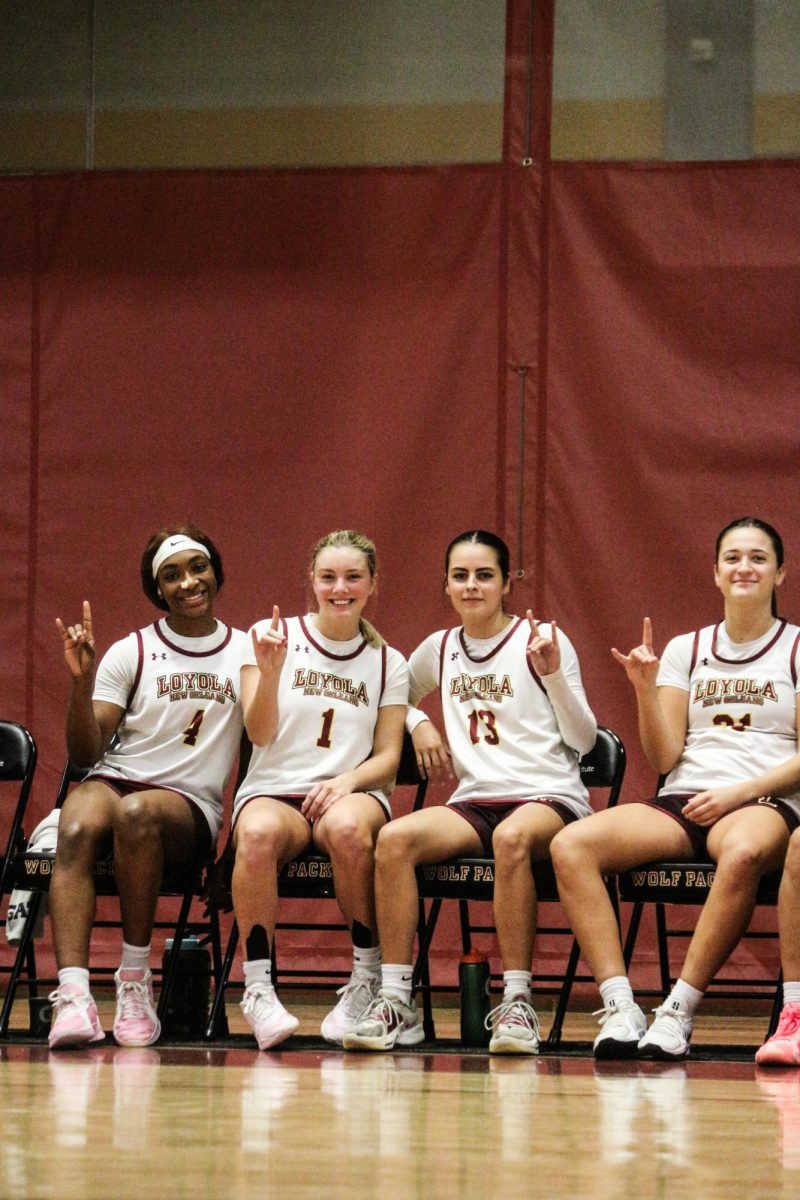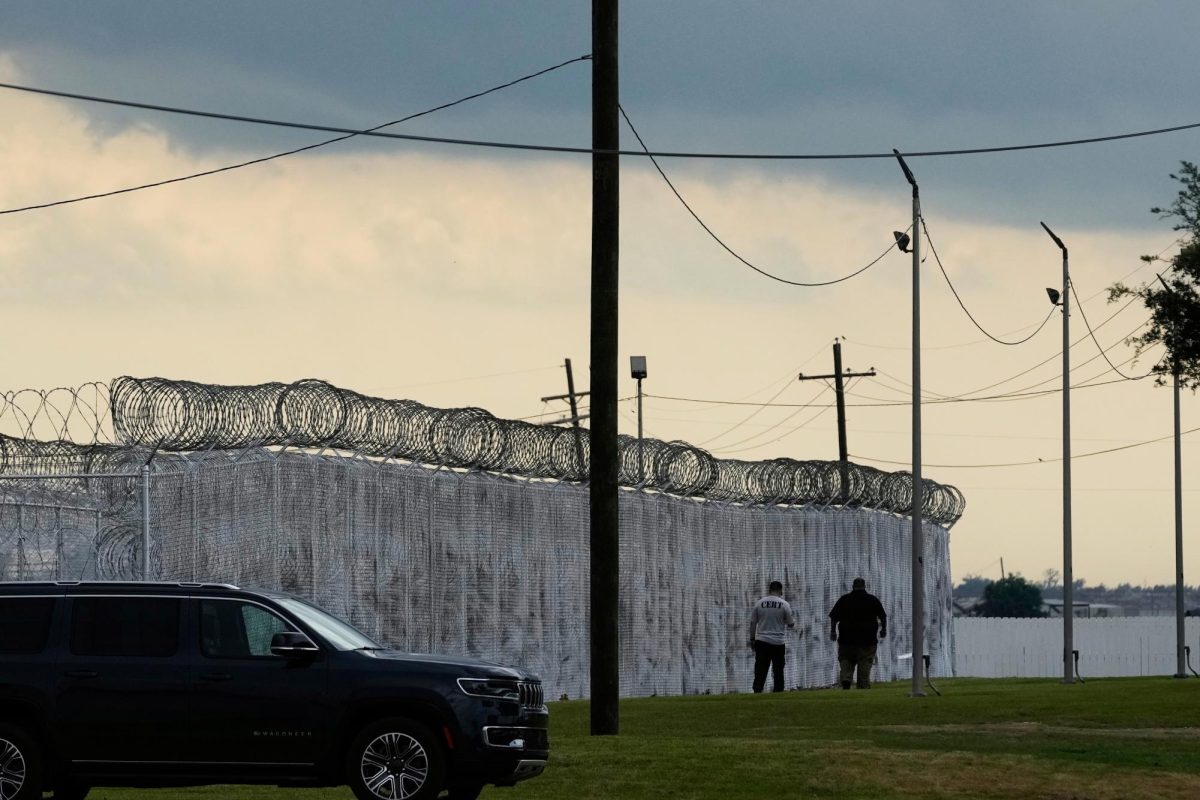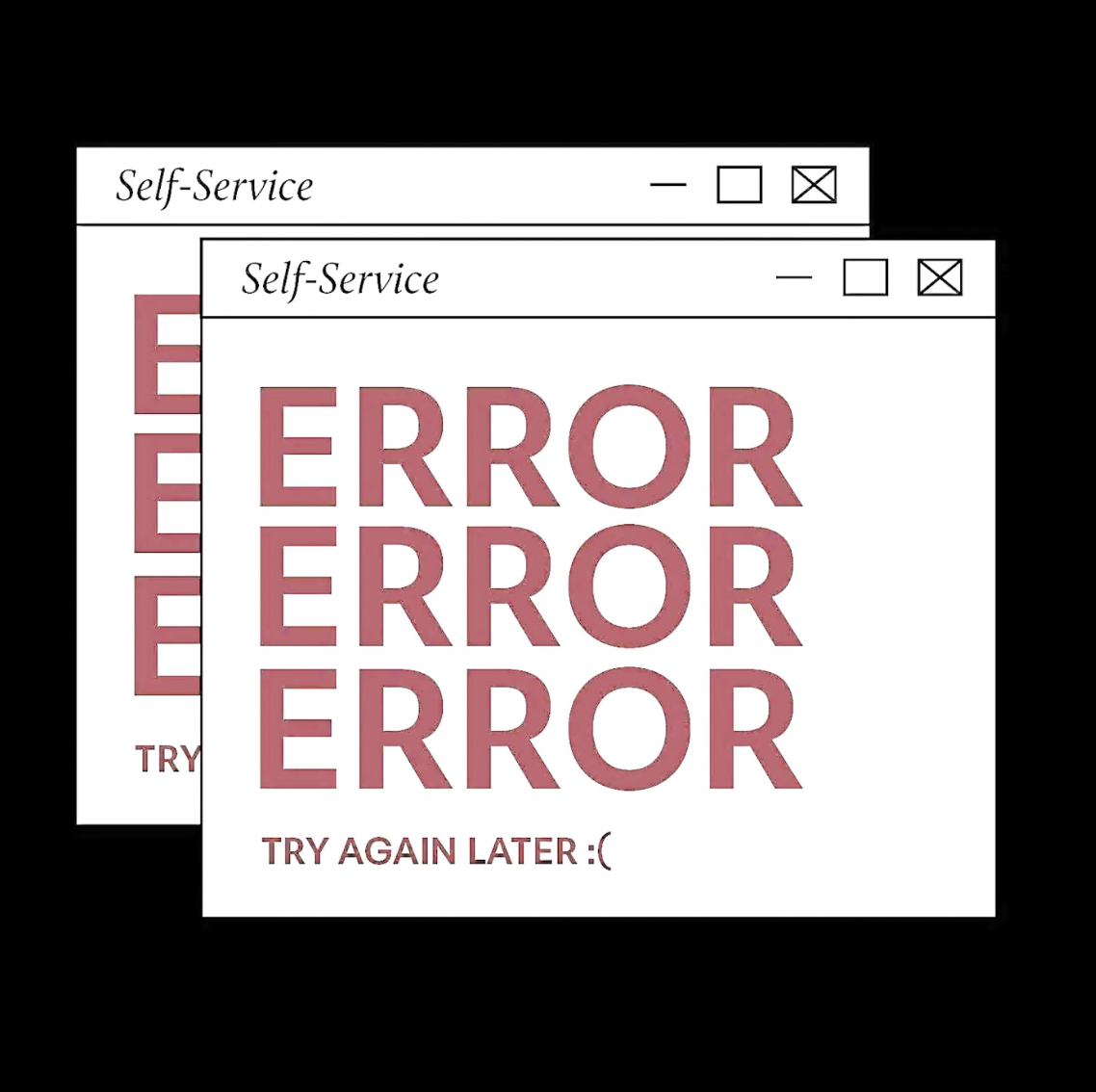Amidst the chaos and tragedy that has swept the nation as a result of COVID-19, international students have been caught in the crossfire of the virus.
At Loyola, where more than 100 students are from 40 different countries, many were faced with a difficult choice this summer of whether or not it was safe to return.
International student Maria Paula Mariño, a music industry major and sophomore from Bogotá, Colombia, returned to New Orleans after quarantining in her home country for several months. Though the sophomore was conflicted, she decided returning to campus would be the best option.
“When I told people I was coming back to New Orleans, they said I was crazy,” Mariño said. “In Colombia, the view of the U.S. is very much the American dream and I think America’s response to COVID and how it’s being handled is showing other countries that it’s not as great. This is the first time Colombians didn’t want to go to the U.S.”
Students’ concerns about returning to campus is evident, especially for those traveling between countries.
Loyola has entered a one-year consulting agreement with Ochsner Health System in order to manage the start of the school year. Mariño said that on paper Loyola’s management of coronavirus looks great. People aren’t very serious about it, though, Mariño said.
“People wear masks, yes, but social distancing is non-existent,” Mariño said. “I definitely think there’s some things they could do better.”
Aside from this, social distancing is enforced and wearing a face mask is mandatory on campus.
While international students are adjusting to college life during the pandemic, many are also worrying about the situations in their home countries.
“It’s been pretty hard in Colombia since our health care system doesn’t have the capacity to respond to all the COVID patients,” Mariño said. “For five months, we were not able to leave our houses unless you needed to work or do something important. Bogotá is so dense, even going outside is a risk. Most of the city is so poor that they don’t have access to health care or medication.”
International student Saskia Walker, sophomore and music industry major, said that in her home country of Italy, the spread of the virus was prevented by strict rules after the number of cases skyrocketed.
“I feel like it was easier for the Italian government and the Italian people to accept the shutdown because only 60 or 50 years ago, we were under a dictatorship, so people are used to respecting authority, especially in this situation where it’s for the safety of the people,” Walker said.
Walker said its understandable that the university wants to continue school due to a need for funds.
“But the problem is, effectively, no matter what steps the school takes, it strictly comes down to the student body and what they’re doing,” Walker said.
According to the university website, there are eight confirmed cases among the student body as of Sept. 23, all of which are isolating off campus.
“It’s scary for us international students because if campus closes or there’s a surge in cases, it’s not like we can just hook a flight and go back home. Where I am from, the airport is closed,” Mariño said. “Loyola is very hopeful, and I love that, but they need to make sure they’re being real.”




















